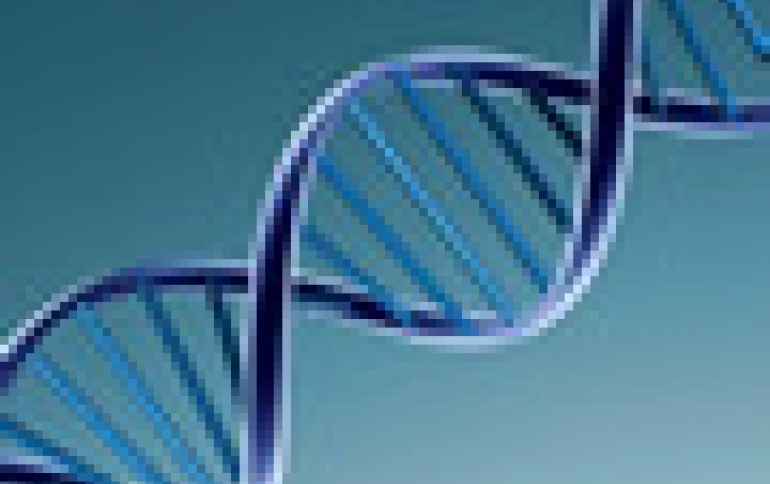
Scientists Reliably Store Information In Synthesized DNA
British scientists on Wednesday announced a breakthrough in the quest to turn DNA into a revolutionary form of data storage.
A team of scientists at the European Bioinformatics Institute (EBI) in Cambridge described a scalable, DNA-based information storage method that can reliably store more information than has been handled before. A DNA can hold mountains of data that can be freeze-dried, shipped and stored, potentially for thousands of years, they said. The contents are "read" by sequencing the DNA and turning it back into computer code.
Digital production, transmission and storage have revolutionized how we access and use information but have also made archiving an increasingly complex task that requires active, continuing maintenance of digital media. This challenge has focused some interest on DNA as an attractive target for information storage because of its capacity for high-density information encoding, longevity under easily achieved conditions and proven track record as an information bearer.
Previous DNA-based information storage approaches have encoded only trivial amounts of information or were not amenable to scaling-up, and used no robust error-correction and lacked examination of their cost-efficiency for large-scale information archival.
In a paper published in the journal Nature, the British scientists describe a scalable method that can reliably store more information than has been handled before. The scientists encoded computer files totalling 739 kilobytes of hard-disk storage and with an estimated Shannon information of 5.2 x106 bits into a DNA code, synthesized this DNA, sequenced it and reconstructed the original files with 100% accuracy.
Theoretical analysis indicates that the specific DNA-based storage scheme could be scaled far beyond current global information volumes and offers a realistic technology for large-scale, long-term and infrequently accessed digital archiving.
In fact, current trends in technological advances are reducing DNA synthesis costs at a pace that should make the new scheme cost-effective for sub-50-year archiving within a decade.
The latest work follows a big step last year when scientists at Harvard announced they had stored 700 terabytes of data in a gram of DNA.













